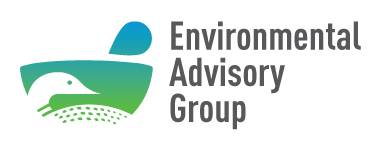Water is just one of the 21st century’s biggest challenges. To reverse this requires collaboration across various fields of expertise, behavioural change and political reforms. How many people know that water for drinking and personal use is only a very small part of society’s total water needs. In fact household water usually accounts for less than 5 percent of total water use. Most of the water we use is for agriculture and industry. Even within a given country, clean, cheap water may be available to the rich while the poor must seek out supplies, at higher costs, from intermediary providers or an unsafe natural source. For a healthy, sustainable future for the planet, developing methods of ensuring adequate water supplies pose huge engineering challenges. Technological solutions to the world’s water problems must be implemented within systems that recognize and address these inequities. Every day in small ways we make choices. For example, simply turning off the water while brushing teeth saves more water than you think.
Let’s talk about your sustainability goals. eag@enviroadvisory.ca


